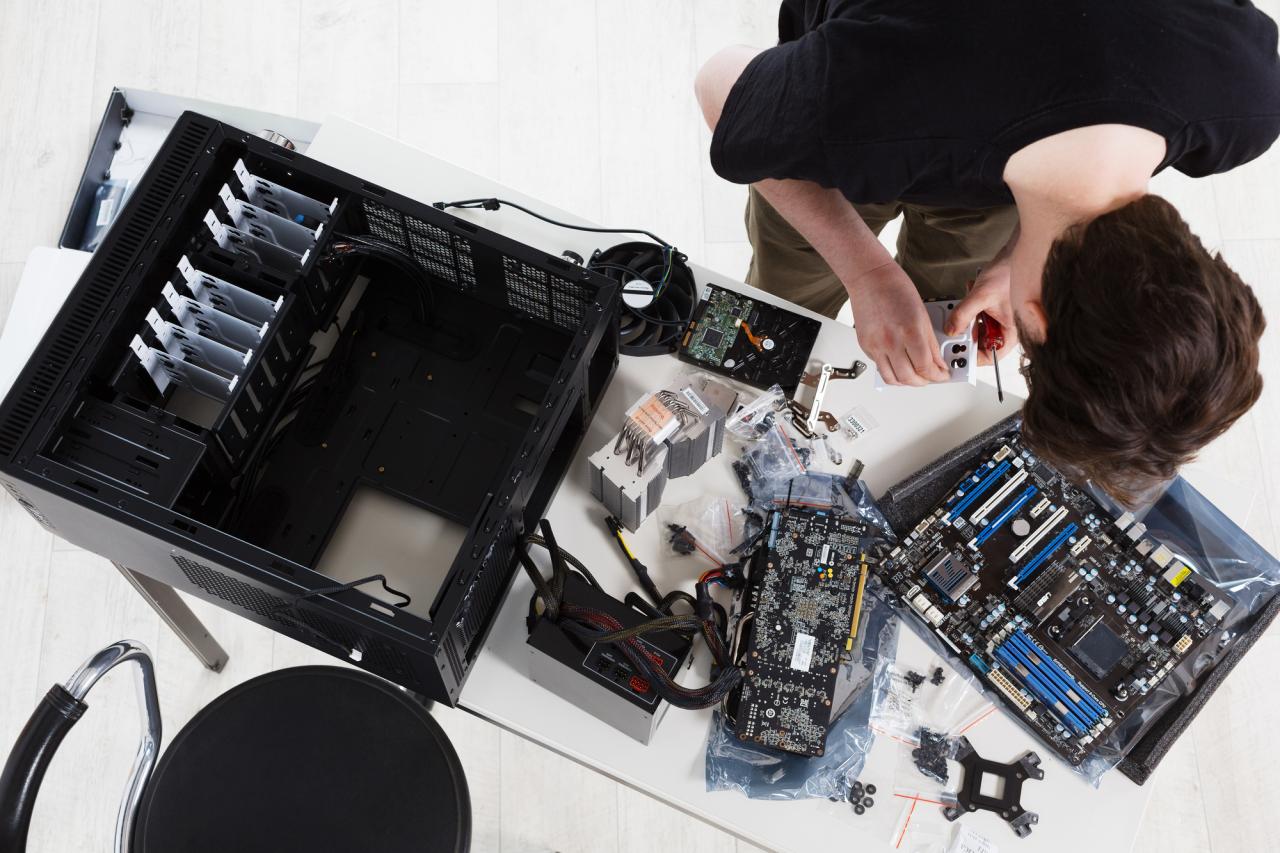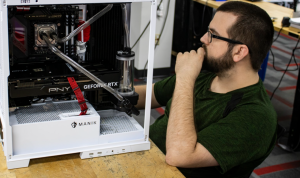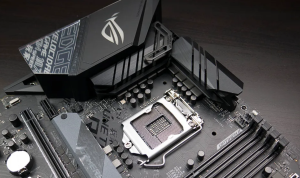Essential Tools for Building Your Own PC opens the door to a rewarding and hands-on experience in creating a customized machine tailored to your needs. Navigating the world of PC building can seem daunting, but with the right tools and knowledge, it becomes an enjoyable endeavor. From selecting the appropriate components to ensuring compatibility, understanding the essential tools at your disposal not only simplifies the process but also enhances your overall confidence in assembling your own system.
Gathering the right tools is crucial as they facilitate a smooth build process, allowing you to focus on the joy of creation rather than getting bogged down by technical difficulties. Whether you’re aiming for a gaming powerhouse or a productivity workstation, knowing what tools to use, and how they impact your assembly will set you on the path to success.
In our rapidly evolving society, the topic of mental health has gained significant attention. With the increasing demands of modern life, coupled with the pressures of social media and the fast-paced nature of our daily routines, maintaining mental well-being has never been more crucial. This article aims to delve into the importance of mental health, explore common challenges individuals face, and provide insights into how we can promote a healthier mindset for ourselves and those around us.
Understanding Mental Health
Mental health encompasses our emotional, psychological, and social well-being. It affects how we think, feel, and act in our daily lives. Moreover, it plays a pivotal role in determining how we handle stress, relate to others, and make choices. Mental health is critical at every stage of life, from childhood and adolescence through adulthood.
Despite its importance, mental health is often neglected. People frequently prioritize physical health while overlooking the need for psychological well-being. It’s essential to recognize that mental and physical health are interconnected. Poor mental health can lead to physical health problems, and vice versa. Therefore, fostering good mental health should be a priority for everyone.
The Impact of Stress on Mental Health
Stress is an inevitable part of life, but chronic stress can have detrimental effects on mental health. When we experience prolonged periods of stress, our bodies enter a state of “fight or flight,” which can lead to anxiety, depression, and other mental health disorders. Common stressors include work pressures, financial difficulties, relationship problems, and academic challenges.
To combat stress effectively, it’s vital to identify its sources. Once we understand what triggers our stress, we can develop coping strategies to manage it better. Techniques such as mindfulness, meditation, and regular exercise can significantly alleviate stress levels and improve our overall mental well-being.
Common Mental Health Challenges
Mental health challenges can manifest in various forms, ranging from anxiety and depression to more severe conditions such as bipolar disorder and schizophrenia. Each condition presents its own set of symptoms and challenges. For instance, anxiety disorders may cause excessive worry and fear, while depression can lead to feelings of hopelessness and despair.
It’s important to note that mental health conditions can affect anyone, irrespective of age, gender, or background. Unfortunately, stigma often surrounds these issues, leading individuals to feel ashamed or inadequate for seeking help. Breaking down these barriers is crucial to fostering an environment where individuals can openly discuss their mental health struggles without fear of judgment.
Promoting Mental Wellness
Promoting mental wellness involves proactive measures to enhance our psychological well-being. Here are several strategies that can help:
- Practice Self-Care: Taking time for yourself is essential. Engage in activities that bring you joy, whether it’s reading a book, going for a walk, or enjoying a hobby.
- Stay Connected: Building and maintaining strong relationships with family and friends can provide essential support during challenging times. Don’t hesitate to reach out when you’re feeling down.
- Seek Professional Help: If you’re struggling with mental health issues, consulting a mental health professional can be a game-changer. Therapists and counselors can provide valuable insights and coping strategies.
- Limit Social Media Use: While social media can be a great way to connect, it can also contribute to feelings of inadequacy and anxiety. Consider limiting your time on these platforms and focusing on real-world interactions.
- Stay Physically Active: Regular physical activity can improve mood and reduce anxiety. Aim for at least 30 minutes of exercise most days of the week.
The Role of Communities in Mental Health
Communities play a vital role in supporting mental health. Creating an environment where individuals feel safe to express their concerns is essential. Schools, workplaces, and local organizations can implement programs to promote mental wellness and provide resources for those in need.
Awareness campaigns can help destigmatize mental health issues and encourage open discussions. By fostering a culture of understanding and empathy, we can empower individuals to seek help and support one another in their mental health journeys.

Conclusion: Essential Tools For Building Your Own PC
As we navigate the complexities of modern life, prioritizing mental health is essential. By understanding the importance of mental well-being, recognizing the signs of mental health challenges, and implementing strategies for promotion and support, we can create a healthier society for ourselves and future generations. Remember, taking care of your mental health is just as important as taking care of your physical health.
Let’s make it a priority and support one another in our mental wellness journeys.





